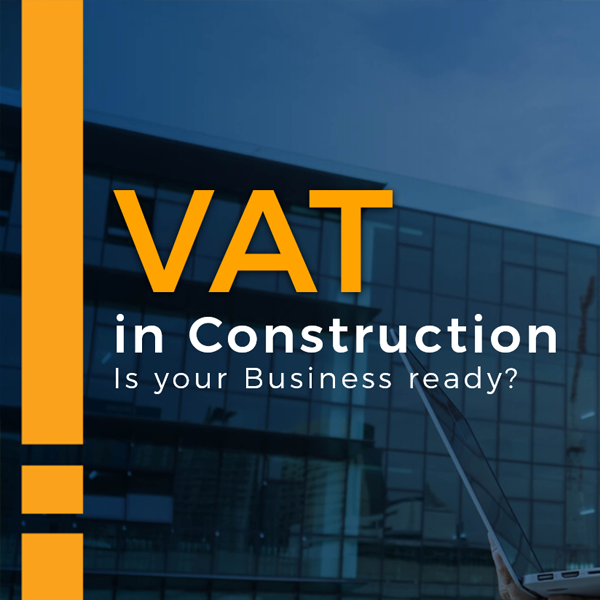What Is ERP And How Can It Help My Business

What is ERP?
Traditionally, departments in a business will operate using specialized software to fit their roles and responsibilities. Obvious examples would include finance, where accounting software will be in use to generate bespoke reports from profit and loss through tax reports, and distribution that will have systems relating to stock and audit.
An effective ERP system allows software systems from these multiple departments to integrate through a program running from a single database. This allows them to share information and operate as a collaborative unit. If we consider the life of an order made to a company, this might start out as a request or application received by any method (order from your web site, an email request or even a paper based order) that is passed from department to department being entered into their systems one by one as it progresses through the chain.
- This process is cumbersome in terms of time and efficiency and has in-built delays as the information is input at each stage and allows multiple opportunities for errors to creep in.
- At the same time, does the company actually know the true status of the order in real time?
- Does the customer service team or the sales manager have access to the warehouse inventory systems or those of the finance team to check on the payment status or stock (and indeed, should they)?
ERP software providers can also provide the right level of integration and diversity to fit your business by allowing the user to purchase the system in the modules required rather than as a ‘one size fits all’ solution.
The true value of an ERP is in enhancing the customer journey or ‘order fulfillment process’. The journey from receiving an order through to receiving the revenue from that order. An ERP is not able to deal with the actual process of selling a product (although many ERP providers will have a recommended CRM platform to assist with that), but will focus on mapping the user journey and providing a platform for meeting and facilitating the steps along it. The moment an order is input to the system, the information can be accessible by all the linked modules and used in the order process. This can allow, even at this first step, for the sales or customer service representative to see if the product being ordered is in stock, available through a third party supplier or available at all. It might also have a linked approval from the finance section for an existing customer to confirm they have payment terms or payment methods on file for example. As each part of the process is completed the order is automatically routed to the next step with a seamless transition. To identify the progress of an order, simply log in and take a look. This example focused on a sales type process as is perhaps the easiest example to grasp. It can, however, be applied to any of the business processes running within an organisation from payroll and benefits, HR management or reporting.
The short answer to ‘what is ERP’ is, a system to streamline efficiency and accuracy in business processes. Although that hardly does it justice.
Learn more on “Implementing ERP in the construction industry”
See this in action "CCS Case Study- BK Gulf LLC"
Most Recent
Ready To Take Your Business To The Next Level?
Let's talkDownload our free Ebook
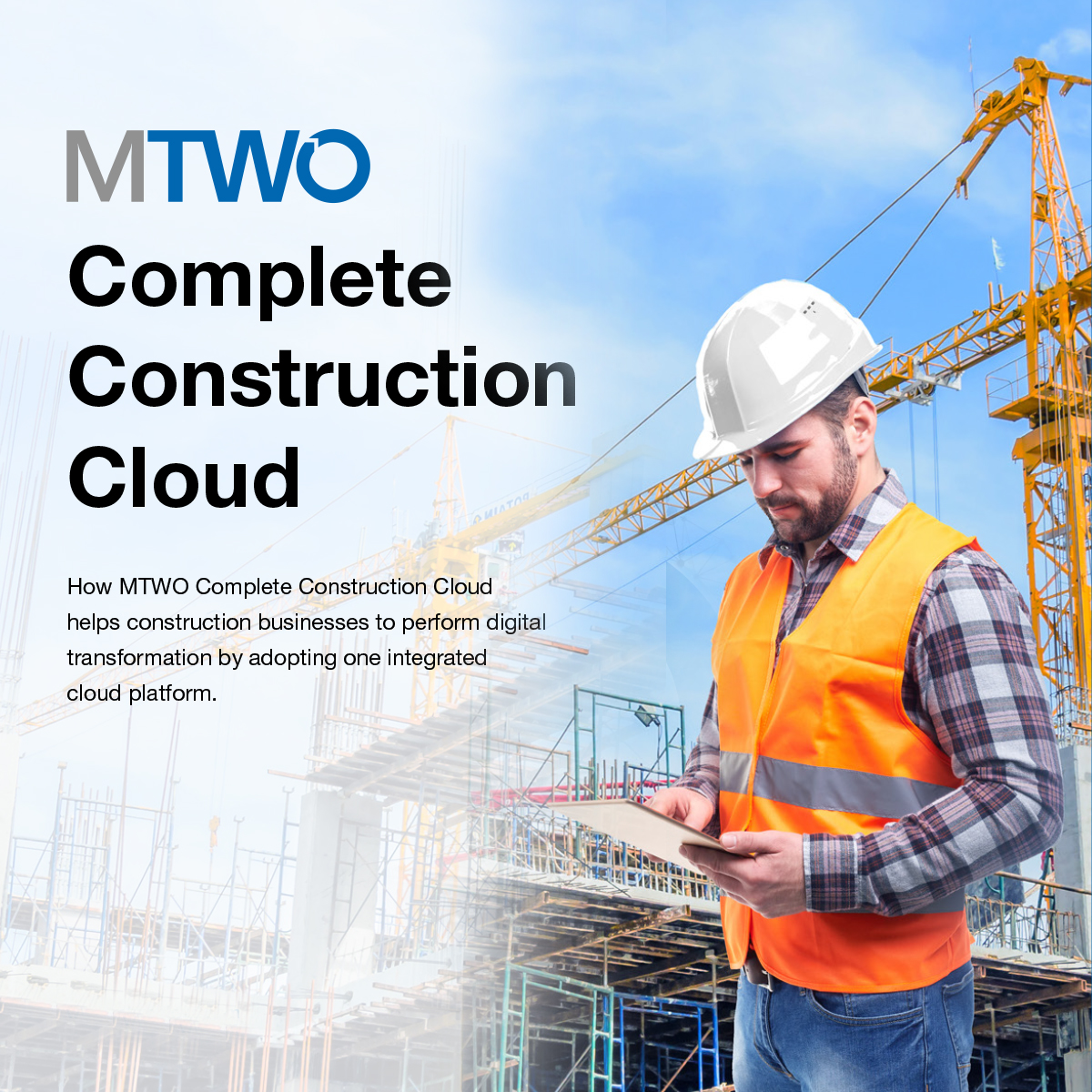
- The new normal of construction is digital
- MTWO Complete Construction Cloud
- One unified platform for project and enterprise digital management
- How to implement the Complete Construction Cloud
Download our free Ebook
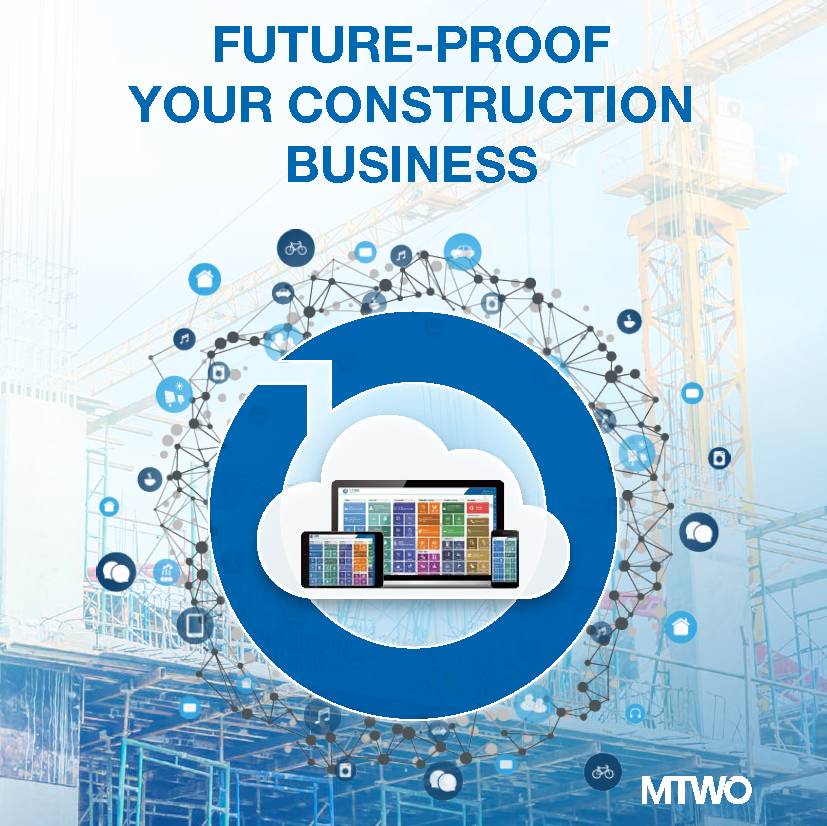
- Putting connectivity and scalability in the center of a long-term digital strategy.
- Adding sustainability to the digital agenda.
- Adopting integrated platform instead of disconnected point solutions.
Download our free Ebook
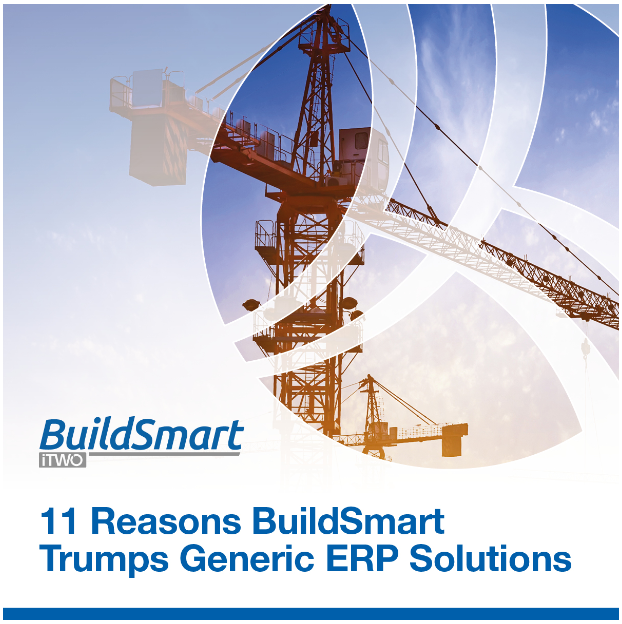
- The Inherent Flaws of Generic ERP
- Build Better with BuildSmart
- BuildSmart Highlights
- The Way Forward
Download our free Ebook
.jpg) Your business will benefit from:
Your business will benefit from:
- Huge time savings in BOQ pricing
- Better Project Planning
- Increase your ROI on all projects
- Detailed bid analysis
- Powerful reporting capabilities
Download our free Ebook
.png)
- What are these 5 pillars?
- Why are they essential to your change management plan?
Download our free Ebook

- Our tips for positioning to win construction contracts against the backdrop of a hungry and competitive construction industry.
Download our free Ebook
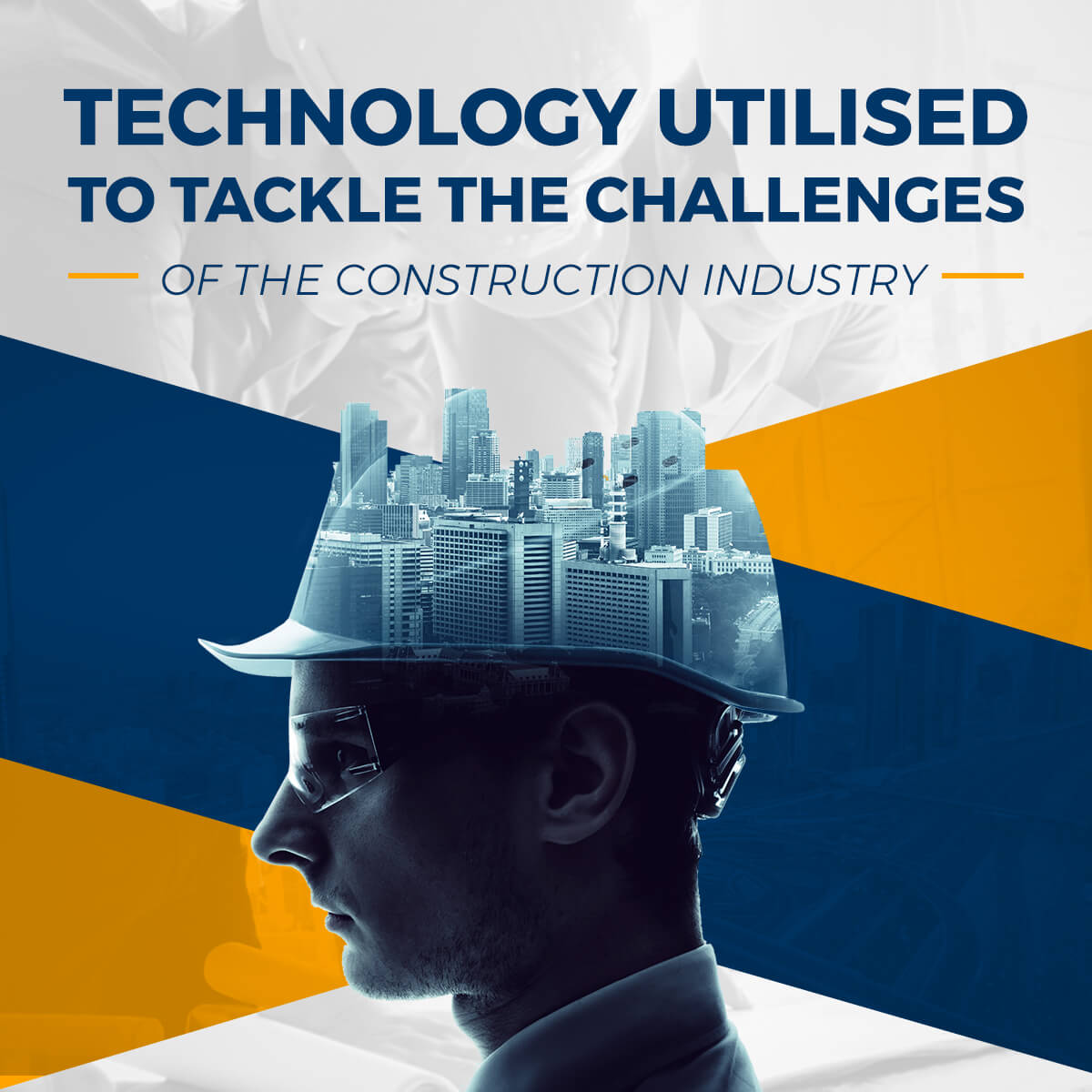
- How Technology addresses the challenges of the Construction Industry
- ‘One source of truth’ as a principle at use in the industry today that provides a totally integrated view of costs, offering a direct impact on outcomes.
- Man, Machine and Money – meaningful links in your construction company
Download our free Ebook

- Learn how to retrieve data that drives control
- Control budgets across projects
- Increase your ROI on all projects
DOWNLOAD OUR FREE TRAVEL PACKING LIST
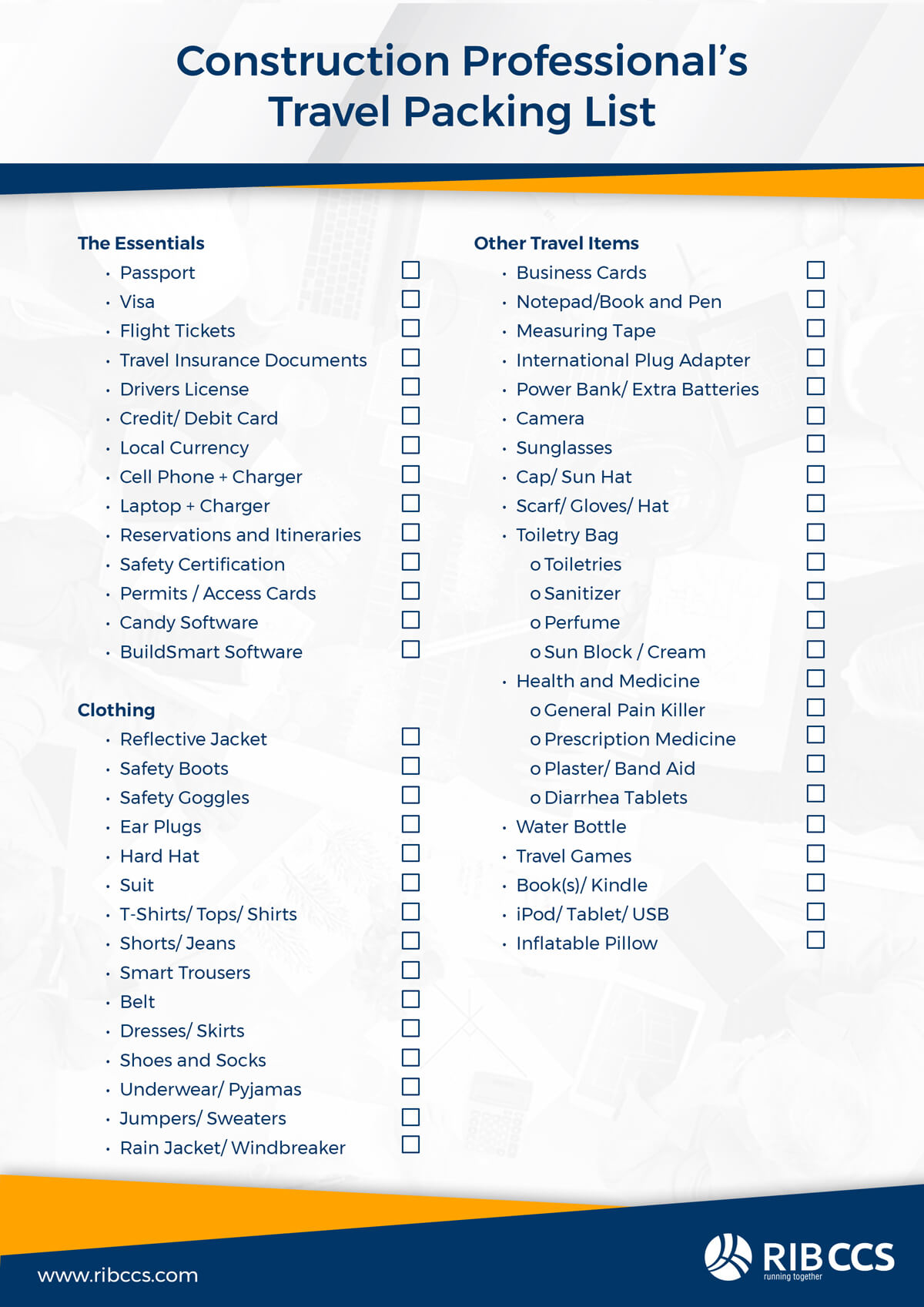 Don’t know what to pack for your
Don’t know what to pack for your next business trip?
We’ve got you covered!
Get It Now




